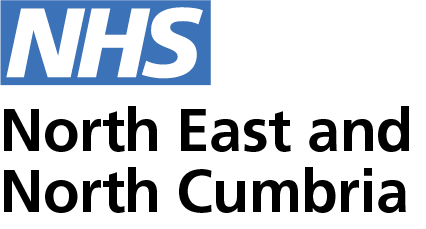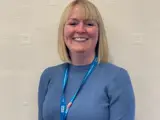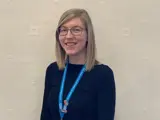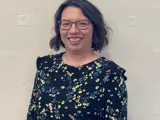Our goal is to make sure that the North East and North Cumbria Integrated Care System (NENC ICS) communicates information to all people in a way that is easy for them to understand.
Our work plan for the regional health literacy team:
| 1 | Make sure the health literacy approach involves local people and communities and health champions |
| 2 | Create a North East and North Cumbria (NENC) health literacy team and approach that supports making the health literacy plan happen |
| 3 | Make a NENC health literacy work plan |
| 4 | Make a NENC Health Literacy Community of practice so people who are interested in health literacy can get together either in person or using technology to share ideas and support each other |
| 5 | Find out what is already happening about health literacy across the NENC Integrated Care System (ICS) |
| 6 | Make sure the NENC ICB estates strategy has an approach that considers health literacy |
| 7 | Make a number of patient pathways health literate and use these as examples |
| 8 | Develop and make sure organisations sign up to making what they do health literate |
| 9 | Develop and NENC Health Literacy toolkit to help organisations be health literate |
| 10 | Explore the development of a NENC health literacy standard so people know that they will receive health information that they understand |
| 11 | Develop training for Health Literacy so people and the places they work for can be trained in how to be health literate |
| 12 | Develop a plan to measure how well the plan has made the ICS work more with health literacy in mind |
Click here to see the PowerPoint video of our work plan.





